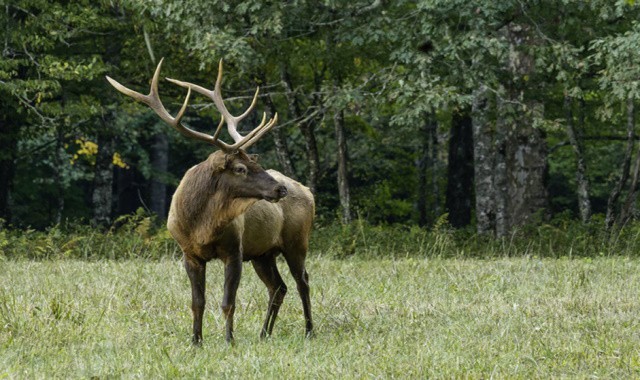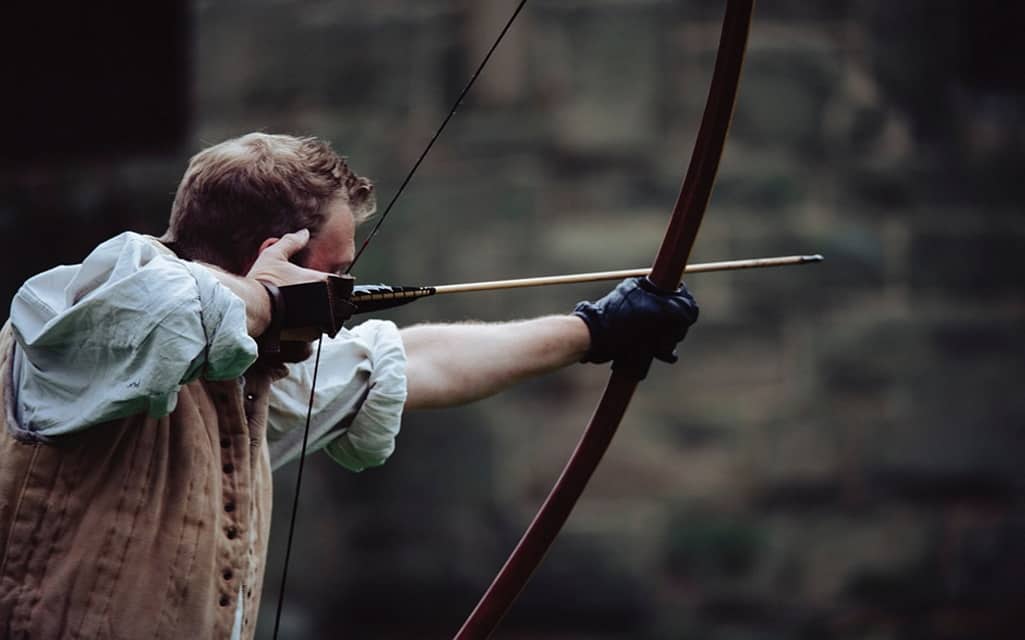It’s that time of the year again, hunting season. And, as with other old-timey sporting pursuits that are somewhat taken for granted in the modern world, some skills are no longer taught and it can be difficult for the novice to figure out how best to be prepared. Hunting takes a certain amount of patience and expertise, one that can be lost on beginners. If you are interested in picking up any lawful hunting of wild animals – not poaching, of course – then read on for more information.
Whether you are a novice looking to learn more about one of mankind’s oldest traditions, or an experienced hunter, the following are 5 essentials you should know about the game.
1. The Importance of Target Practice
Let’s start with the most obvious skill set every hunter needs: being able to aim and shoot. It is absolutely vital that every hunter knows how to accurately fire and shoot at a buck, rather than waste bullets endlessly. Otherwise, you would be a danger to yourself, others, and even other animals that you may not be allowed to legally shoot. Never risk it; hunting season doesn’t mean shooting aimlessly at will. It’s all about your ability to hit the animal at the appropriate spot.
So, sharpen your skills by practicing from different positions you might use while hunting. With time, you need to be able to shoot at targets that look like a buck or deer, and you need to be comfortable with knowing where to aim. Another way to help you achieve this goal is to really study the anatomy of the animal so that when it’s time, you know that you are hitting it in the right spot.
2. Vital Techniques and Strategies

If you manage to capture a deer while out hunting, then you absolutely must get the process of dressing it down, no matter how laborious it is. Even though it might sound unsavory, field dressing a deer is a crucial skill that every hunter should know to do. Another key strategy that comes in very handy is learning to mask your scent. Otherwise, the deer will always be able to spot you. And, of course, if you have a dog, bring them along since they are incredibly helpful on the hunting trail, proving time and again to be man’s best friend.
3. Listen to the Wind
To very loosely paraphrase the Pocahontas song, you need to listen to the wind – don’t pay attention to its colors, but really check in and hear which way the wind is moving. There are many devices available nowadays that will help you navigate this important pillar of hunting, and it would be prudent not to enlist their assistance. A key rule to remember as a hunter is that you have to stay downwind of the animal, or else you will lose it quickly. All hunters must remember to check the wind at all times and the direction it might be moving in relation to the animal.
4. Put Together the Right Gear
All hunters, both novices and more experienced ones, should always have the right gear on hand. This includes the proper rifle and an extra kit of ammunition, a map and compass, a waterproof flashlight, and medicine in case of emergency. Furthermore, you should dress the part, wearing comfortable clothes, boots, and an orange vest for your own safety. Also, while hunters tend to focus on the rifle and the ammo, it is worth bearing in mind that you will need knives and similar tools in case you do manage to hit a deer.
Read More: 15 Best Hunting Tips to be a Complete Hunter
5. Leave the Social Media at Home
Unfortunately, some people seem to think that the point of hunting is to immediately post pics on Instagram while in the field, waiting for your game, or even taking pictures with the animal once it has been hunted. This is an empty gesture on multiple levels, especially when you consider that this isn’t about competition and showing off. You also need your full concentration while out there, since hunting is, of course, dangerous. Spending time on your phone is not just silly, but also self-destructive.
At the end of the day, hunting is a time-honored tradition that is about elevating a certain skill set, one that is also mired in mankind’s history of going out to bring food home from the wide-open fields. While we don’t need to hunt down our sources of nutrition nowadays, it is important to be mindful of the practice’s history. So, don’t take it lightly and embark upon your adventure with as much knowledge and awareness as possible.



